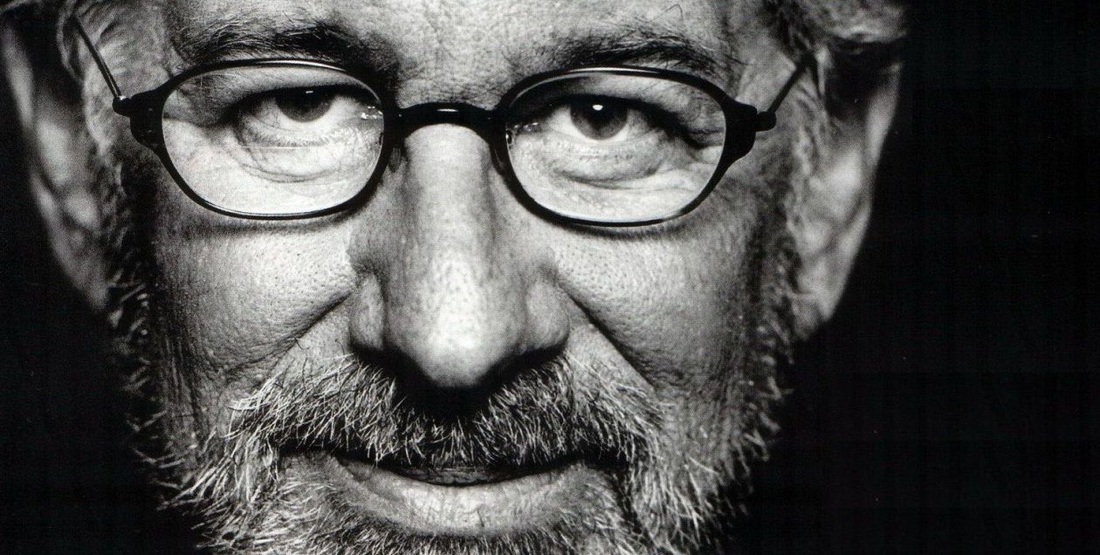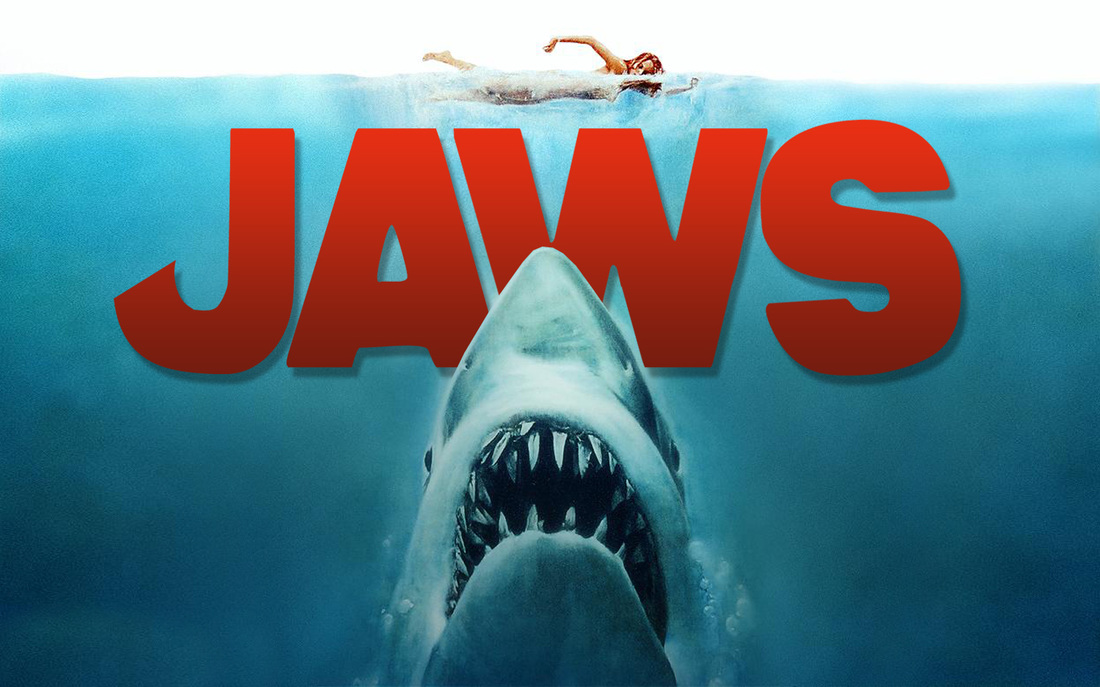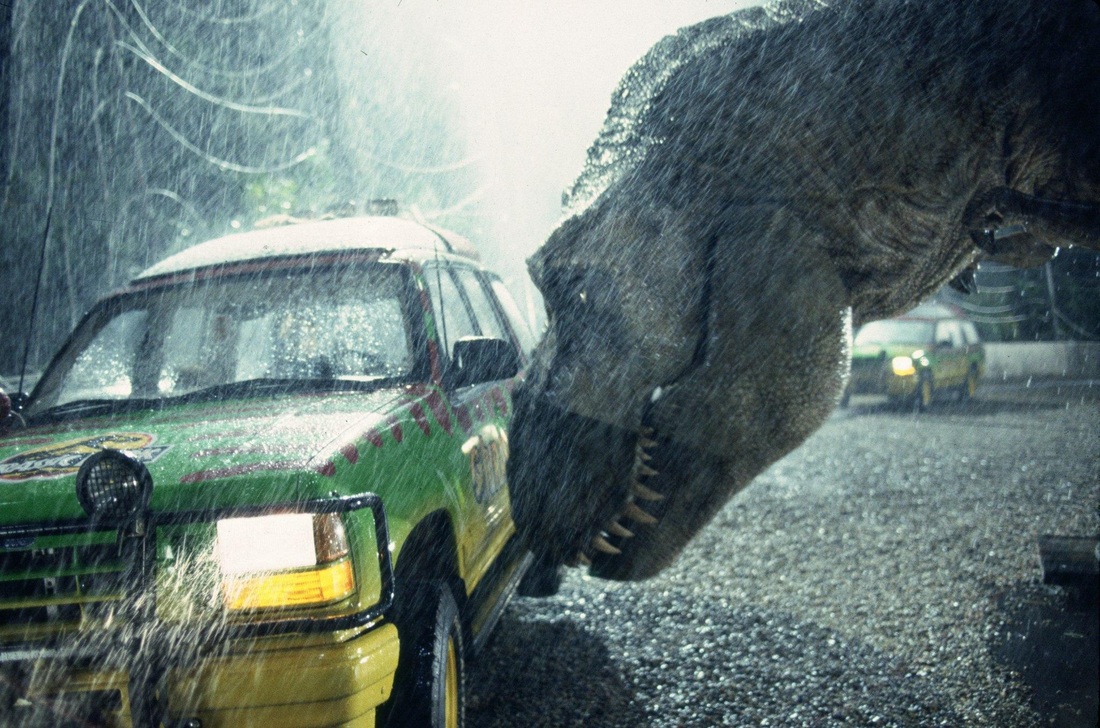Early life
To accommodate his father’s job, Spielberg and his family often moved around to different cities. After doing a couple short films, Spielberg produced his first feature-length film “Firelight” at Arcadia High School in Phoenix, Arizona on a budget of only $400. The film ended up making a solid profit after it was shown at a local theater (The Biography Channel).
Upon his parents’ divorce, Spielberg moved with his father to California. He repeatedly tried to get into the UCLA School of Theatre, Film and Television and the University of Southern California’s School of Cinema and Television, but he failed to gain admission into the schools. He eventually attended California State University in Long Beach and got his first position as an unpaid intern in the editing department of Universal Studios. His job at Universal essentially came by accident as, while on a tour bus, Spielberg jumped off the bus and wandered inside one of Universal’s studio buildings. Seeing Spielberg’s interest and enthusiasm, the workers at Universal allowed him to return and watch the directors at work. Spielberg came back every day for the rest of the summer, even finding an office and moving in (The Biography Channel).
During this time at Universal, Spielberg released his first professional film, “Amblin”. The 24-minute picture impressed the Universal executives to such a degree that they signed him as a television director. As a result, Spielberg promptly dropped out of college in 1969, and interestingly wouldn’t end up finishing his degree until decades later in 2002 (The Biography Channel).
First professional feature-length film
After Jaws, Spielberg’s next film was the science fiction film, Close Encounters of the Third Kind. Spielberg re-casted Richard Dreyfuss from Jaws and teamed up again with composer John Williams. The film garnered 6 Academy Award nominations, including Best Director for Spielberg, and eventually won one for Best Cinematography.
Spielberg next suffered his first “flop” film, 1941, in 1979. However, Spielberg quickly rebounded with several action-adventure blockbusters. The first of these was Raiders of the Lost Ark, which ended up being the first in the Indiana Jones series and the biggest picture of 1981, earning Spielberg another Best Director nomination.
He followed Raiders of the Lost Ark with another science fiction film, E.T. the Extra-Terrestrial, which was nominated for 9 Academy Awards. The film was a huge critical and box office success and ended up becoming the highest-grossing movie in film history (at the time).
Despite easily being the most successful director of his period, it wasn’t until his 1993 film Schindler’s List that Spielberg received his first Academy Award for Best Director. The film centered on Oskar Schindler (Liam Neeson), a German industrialist who helped save over 1,000 Jews during the Holocaust.
Over the following years, Spielberg repeatedly continued to create critical and box office smashes. Among these was the 1998 war film, Saving Private Ryan, which took in 5 Academy Awards. He continues to make these successful films, even up to 2012’s historical film, Lincoln, which won 2 Academy Awards.
In conclusion, there is no doubt that Steven Spielberg is one of the greatest directors to ever come out of the film industry. He has written, directed, and produced almost countless blockbusters that we know and love today and has made an incredible and unforgettable resume for himself. Because of these massive successes, Spielberg is one of the wealthiest directors in the industry today and has been a household name for several decades. The film industry owes a debt of gratitude to this incredibly influential director.
Trademarks
Written by Anthony Watkins
WORKS CITED
IMDB. 2014. 01 Jan. 2014. <http://www.imdb.com>.
“Steven Spielberg Biography.” The Biography Channel. 2013. 17 Feb. 2014.
<http://www.thebiographychannel.co.uk/biographies/steven-spielberg.html>.




 RSS Feed
RSS Feed
